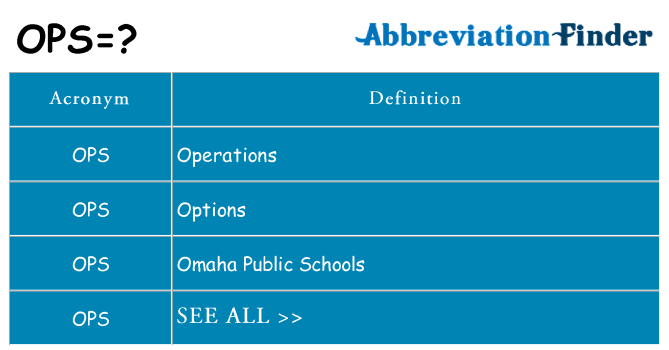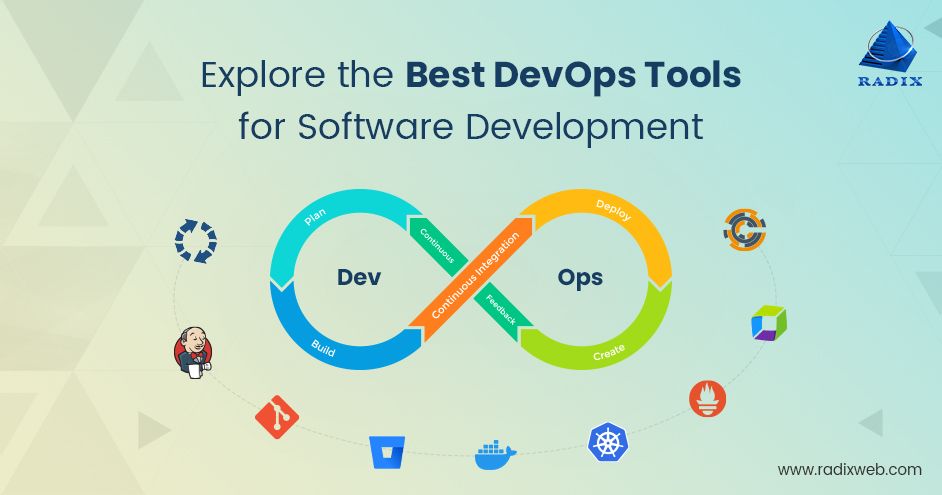What Does Ops Mean| A Complete Guide
Table of Contents
Unsure what “Ops” means? Learn all about Ops, the essential behind-the-scenes work that keeps businesses running smoothly. Explore Ops roles, benefits, and more!
What Does Ops Mean?

This article answers “What does Ops mean?”
“Ops” is short for “operations” and refers to the behind-the-scenes work that keeps a business running smoothly. These teams focus on efficiency and organization, ensuring different parts of the company function well together.
Exploring “Ops” Across Industries
While the core principles of efficiency and organization remain constant, Ops teams across industries tackle unique challenges and responsibilities specific to their domain.
Retail Ops
Retail Ops ensures products reach stores on time and in the right quantities. They manage supply chains, inventory, and logistics, working with third-party providers for efficient delivery. They also monitor stock levels to maintain customer satisfaction and revenue.
Healthcare Ops
Healthcare Ops keeps medical facilities running smoothly and manages patient care delivery. They handle patient flow, staffing, equipment, and supplies. They ensure compliance with regulations, data security, and procurement, and coordinate care with other providers.
Manufacturing Ops
Manufacturing Ops oversees production, quality control, and timely deliveries. They manage the supply chain, logistics, inventory, and production planning. They also handle workforce management, cost control, and environmental and safety compliance.
Technology Ops
Tech Ops manages the infrastructure that supports software applications and services. They ensure smooth operation of hardware, software, and networks, minimizing downtime. They may also manage cloud infrastructure, data centres, and cybersecurity.
Ops Roles in SaaS
While “Ops” generally refers to the behind-the-scenes work that keeps a business running smoothly, in the world of Software-as-a-Service (SaaS) companies, there are specific Ops roles tailored to its unique needs. Here’s a glimpse into some of these specialized roles:
Sales Ops
Supports the sales team in achieving consistent growth through various activities like sales strategy, territory management, and optimizing sales processes.
Marketing Ops

Manages the systems and processes used by the marketing team, including data analysis, user engagement tools, and email marketing operations.
DevOps
Combines efforts across sales, marketing, and customer support to improve communication, visibility, and overall revenue growth. They track key metrics like customer acquisition and churn.
SaaS Ops
Manages all aspects of the various software tools (SaaS) used by a company, including budgeting, onboarding, security, and automation of administrative tasks.
Product Ops
Oversees activities like market research, product quality assurance, and process improvement to ensure the successful development and launch of a product.
DevOps
Bridges the gap between development, IT operations, and quality assurance teams. They focus on streamlining the software development process to deliver high-quality applications faster.
Tools for Efficient Operations in SaaS and Startups

Ops teams in SaaS companies and startups manage various tasks, and several helpful tools can streamline their work:
- HubSpot Sales CRM: Assists sales teams in managing client relationships, tracking activities, and closing deals.
- Trello: Provides a project management platform for task visibility, file sharing, and easy project adjustments.
- Qwilr: Simplifies creating proposals and sales materials for sales representatives and operations teams.
- Chili Piper: Automates the transition between sales and customer success teams, optimizing the customer journey.
- BetterCloud: Streamlines managing various SaaS applications by automating processes like onboarding, offboarding, and access control.
- QuotaPath: Automates tasks related to sales compensation, including commission tracking and payouts.
- Intercom: Provides a platform for real-time customer engagement through messaging.
- Mixpanel: Offers an analytics platform to track user behavior and measure product effectiveness.
These tools can significantly improve operations, workflows, and ultimately, the customer experience for SaaS companies and startups.
Benefits of Ops

Ops teams play a crucial role in ensuring the smooth and efficient operation of businesses across various industries. Their contributions bring several benefits:
Improved Efficiency
Ops teams streamline processes, identify and eliminate bottlenecks, and implement best practices, all aimed at optimizing workflows and maximizing output.
Enhanced Decision-Making
By collecting and analyzing data, Ops teams provide valuable insights to various departments. This data-driven approach empowers better decision-making across the organization.
Increased Revenue
Through improved efficiency and strategic planning, Ops teams contribute to revenue growth. They may identify cost-saving opportunities, optimize pricing strategies, or support initiatives that enhance customer experience and satisfaction.
Stronger Collaboration
Ops teams often act as bridges between different departments, fostering collaboration and communication. This cross-functional approach ensures everyone is aligned towards common goals.
Competitive Advantage
By continuously optimizing operations, companies can gain a competitive edge. Efficient processes, data-driven decision-making, and a focus on customer experience can all contribute to a stronger market position.
Bottom Line
Ops, short for “operations,” is the behind-the-scenes work that keeps businesses running smoothly. Ops teams ensure different parts of a company function well together, improving efficiency, decision-making, and revenue.
They also foster collaboration and give businesses a competitive edge. Across various industries, Ops teams take on specific roles, like managing supply chains in retail or overseeing software infrastructure in technology.
Thanks for reading!
For More Information Please Visit These Websites Craiyon And Arturia





